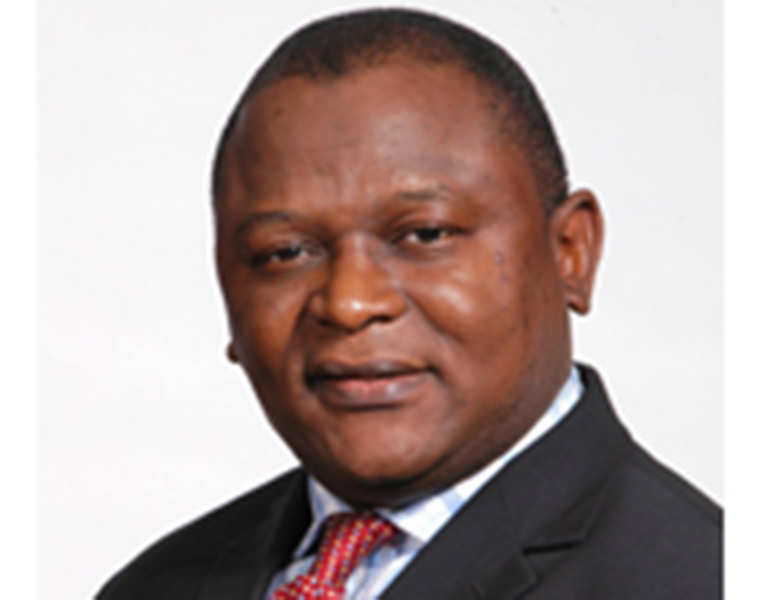Published: September 2, 2011
It was an offer Adesola Adeduntan couldn’t refuse. Four years ago, when he was a senior vice president at Citi, he was approached by the chief executive of a new African development organisation with the offer to become its chief financial officer.
Joining the leadership team at the Africa Finance Corporation (AFC) was a job he had to take. “It was an opportunity to contribute to Africa’s development,” he says.
Four years later, Lagos-based AFC has closed its first debt deal by securing a US$50mn loan from Standard Bank, one of its relationship banks. This is not expected to be an isolated case. The deal signals the start of the organisation’s new funding strategy with several more such deals planned, leading ultimately to it tapping the international debt markets.
Adeduntan will spearhead this new strategy and is already working on further deals to leverage the organisation’s balance sheet. Following the closing of the Standard Bank deal, he spoke to EMEA Finance about the AFC’s future plans and its strategy for developing Africa’s infrastructure.
Why did AFC raise this loan?
Until now the AFC has been fully financed by equity. This loan will be the first in a series of other borrowings, which will be a combination of bilateral and syndicated loans. Ultimately AFC will be issuing a bond.
Why change your funding strategy?
We were established in 2007 and when you start a business of this nature your business risk is quite high at the onset and you are better off with a low financial risk. We needed to deliver a balanced risk portfolio so it was better for us to use equity for our funding needs so that we didn’t have to pay interest. But as we mature the business risk actually reduces, creating the opportunity to put in more financial risk in the form of leverage.
How will you decide how much you need to raise?
Our paid up equity is US$1.1bn and when you look at multilateral financial institutions like the African Development Bank, the IFC and the World Bank they typically have a leverage ratio of between 2X and 5X. We are going to be borrowing over an initial five year period and looking at the standard set by other development institutions gives us an idea of the volume of borrowing that we will need. We will be operating at the conservative end of the spectrum.
Where will you invest the proceeds of these transactions?
We have six strategic sectors that we focus on. Power is a major sector for us because of the size of demand in Africa. Oil and gas is another, given the importance of the Gulf of Guinea to the global oil supply. The other sector we focus on is transport infrastructure. If you want to facilitate trade between among Africa countries and the rest of the world then your transport infrastructure has to be good. This covers airports, road networks and railways. It is a key sector for us. For us at the AFC, when you look at that kind of opportunity and see the role you are going to play in facilitating, that it is absolutely fascinating.
Then there is telecom infrastructure. A lot of GSM companies have come to Africa and there is a need to invest in infrastructure to support these companies.
Another area of focus is heavy industry that produces the materials required to build this infrastructure – materials like cement, iron and steel. And last but not least is mining. The economies of many African countries are linked to commodities.
Are there opportunities in these markets at the moment?
Absolutely. The only continent lagging behind in terms of infrastructure is Africa. Therefore the opportunity is there for the taking.
Just after the bank started trading, the downturn hit. How did that affect the AFC’s support of these opportunities?
The transactions we do are not the kind of deals that one financial institution can go into alone. We were affected in that there was dearth of potential partners in many of our large ticket deals. That’s changing now. There is increasing interest in Africa across the board.
Have you been working on any future deals?
We are currently working on a couple of bilateral and syndicated loans, doing the background work. Most of our initial set of borrowings will be from our relationship banks. Once we have completed a couple of these we will go to the international debt markets.


